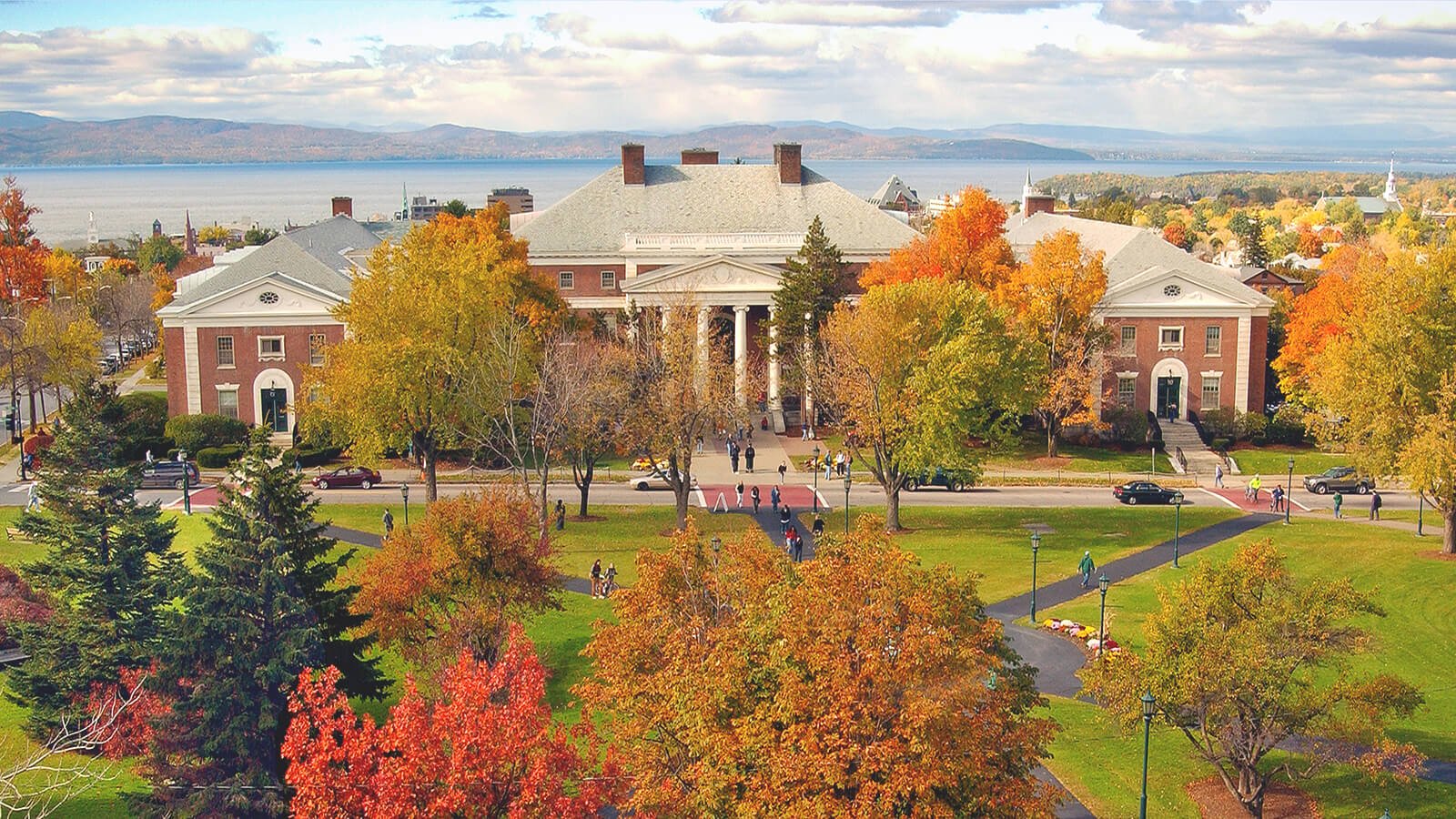I am officially enrolled in the PhD in Complex Systems and Data Science at the Complex Systems Center at University of Vermont!!! I will be moving to Burlington, VT in August with my partner, Kat.
I haven't made much time to post to this blog over recent years but I hope to pick up the pen more often now that I'm back in academia, doing what I love. Learning about interesting things and communicating them to others is what I'd like to do with the rest of my life.
Starting my PhD is a transition that has been a long, long time in the making—from the child whose favorite subject was always science, who turned on the T.V. every day when he got home from school to catch Bill Nye the Science Guy and the Magic School Bus—to the college student who loved programming and at some point became confused between science and engineering—to the young engineer who by some stroke of luck got to work on early autonomous vehicles, and who suddenly realized he could literally live out his science fiction dreams in real life, if only he had taken his math classes more seriously—to the master's student who, as if waking from a dream, suddenly remembered that he was supposed to be a scientist all along—ever since I was a kid, this is what I was meant to do, and somehow life just... got in the way for awhile.
I've even already been through one full round of the PhD application cycle, where I was rejected by all twelve schools I applied to. This may be worth its own post at some point. Originally, this was pretty shocking to me, since I had literally managed a research team at Uber—if that is not enough to put me into the top bracket, what in the world would be?? In retrospect, I am grateful this happened and I actually believe I have landed in a program that is a far, far better fit for me than anything I applied to in the first round. I believe this is a common story. Ultimately, my applications were simply not well-targeted enough, and I really did just need more time and reading and soul-searching to find the right fit.
I have a lot of different reflections on this process but I guess I'll just pick one to share for now: I can't imagine how undergrads manage to do this process, with their limited knowledge and while maintaining a full course workload.1 It explains a lot once you understand that the most successful PhD graduates are generally those ones who serendipitously got matched up with a research program that they liked and they continued to like (folks whose interests didn't shift too much)—because there is no possible way most people can plan it ahead of time, it can only happen by a combination of dumb luck and the student being flexible and open to many topics.
I will be advised by Prof. Nick Cheney. Nick has already been an unreservedly enthusiastic and supportive advisor, and I'm grateful that I came across his work. I was not aware of Nick's lab during my first round of applications, and it took a full year of research and soul-searching to arrive at his doorstep at the Complex Systems Center—but once I did, everything clicked right away. Nick and I share a ton of weird interests, while still being well-connected to more mainstream machine learning topics. I like that his background is actually in computational biology, which is the kind of influence I've been looking for. I found him through his work in artificial life and evolutionary computation, which deeply interest me. And then I found out he also works on meta-learning and open-ended algorithms, which are hot new topics that I've been super keen on. And then I was really blown away by learning that he was affiliated with some kind of "complex systems center". Complexity science is yet another thing I became interested in lately,2 but I never imagined I would have the chance to deeply interact with this field! The final ingredient is Burlington, Vermont, which is a lovely little city that fits what my partner and I were looking for in a lot of ways.
Along this journey, I'm grateful for the myriad experiences I've collected over the 15 years of software engineering, meandering through various industries and roles, from user interfaces to robotics to machine learning. I'm forever grateful for my experience as a master's student at UBC under Ian Mitchell—two of the best years of my life, and an experience which opened the doors of academia to me. I'm particularly proud of leading the Prediction Analytics Team for some years at Uber ATG, and was lucky to have such congenial and diversely talented teammates as Skanda, Tara, Yuhang, Zhengdi, and Hamzah. I owe Clark Haynes for the opportunity, and his mentorship during my entire time at Uber/Aurora. And perhaps most of all, I am indebted to Dr. Sheila Tejada, my O.G. research advisor way back at Tulane University, who introduced me to the topics of AI and robotics in the first place. There are many more folks worth naming but I'll save the long form for my dissertation. :-)
I've actually been working for Nick remotely since October already. I'm currently working on projects in meta-learning and neural architecture search. Going forward, I hope to parlay this into things like artificial life, collective/swarm intelligence, and self-organizing systems. But that's only my list for now; ask me again after my first semester!
- Well, actually, I guess in many cases they don't, and they take a gap year instead. But this is still hard to imagine, compared to my years of experience.
- I've listened to many an episode of the Complexity Podcast from the Santa Fe Institute. Check it out.

